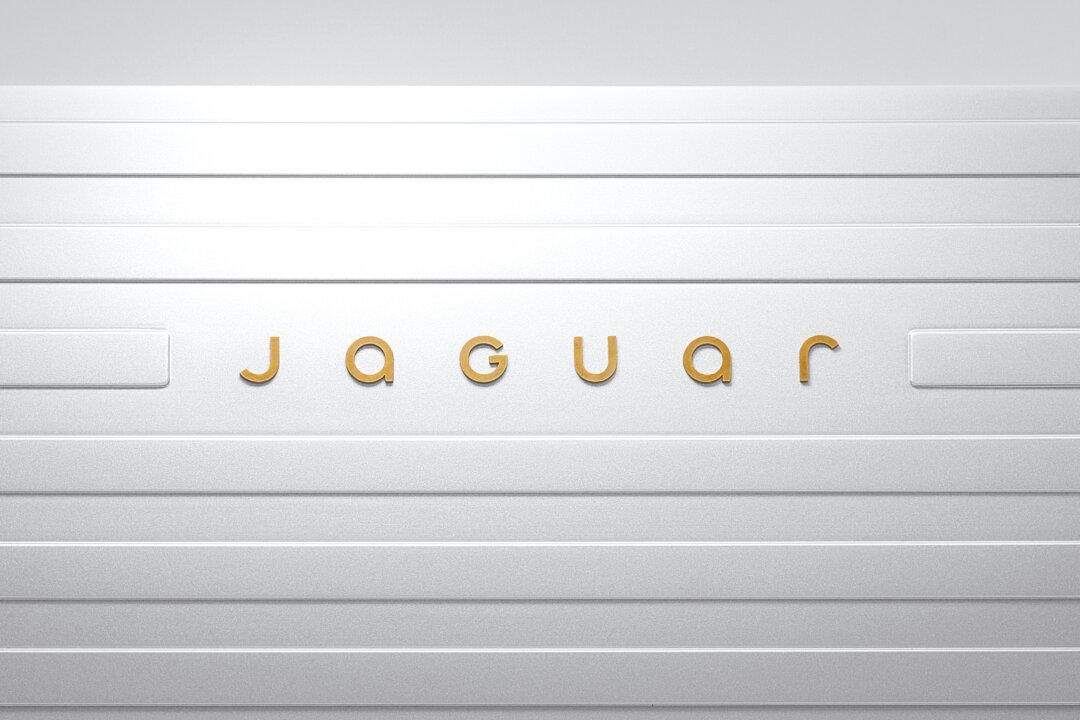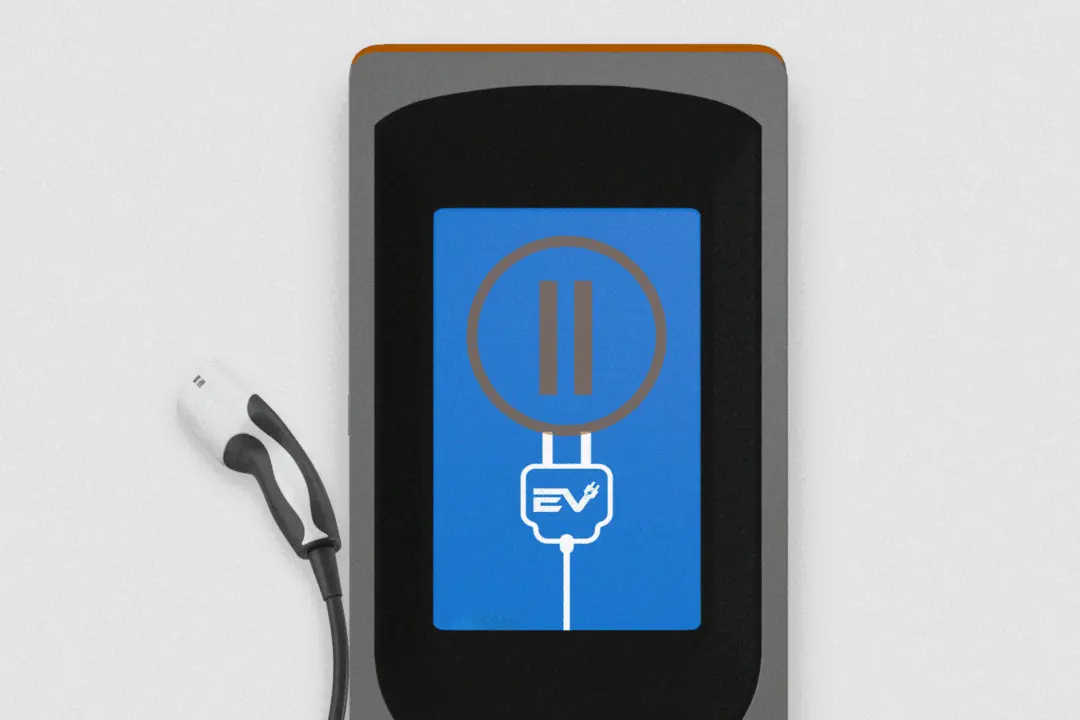Jaguar, a producer of luxury vehicles that recently announced it is going 100 percent electric, launched a rebranding campaign this week that has garnered much attention, though it remains to be seen whether that will be overall positive or negative.
Declaring that “a seismic change is coming,” Jaguar posted a video ad on its social media accounts that features men and women in flamboyant yellow, orange, pink, and red attire and makeup, striking fashion poses over statements such as “create exuberant,” “live vivid,” and “delete ordinary.”





